Home>Home Maintenance>Where Can Seniors Get Help For Home Repairs
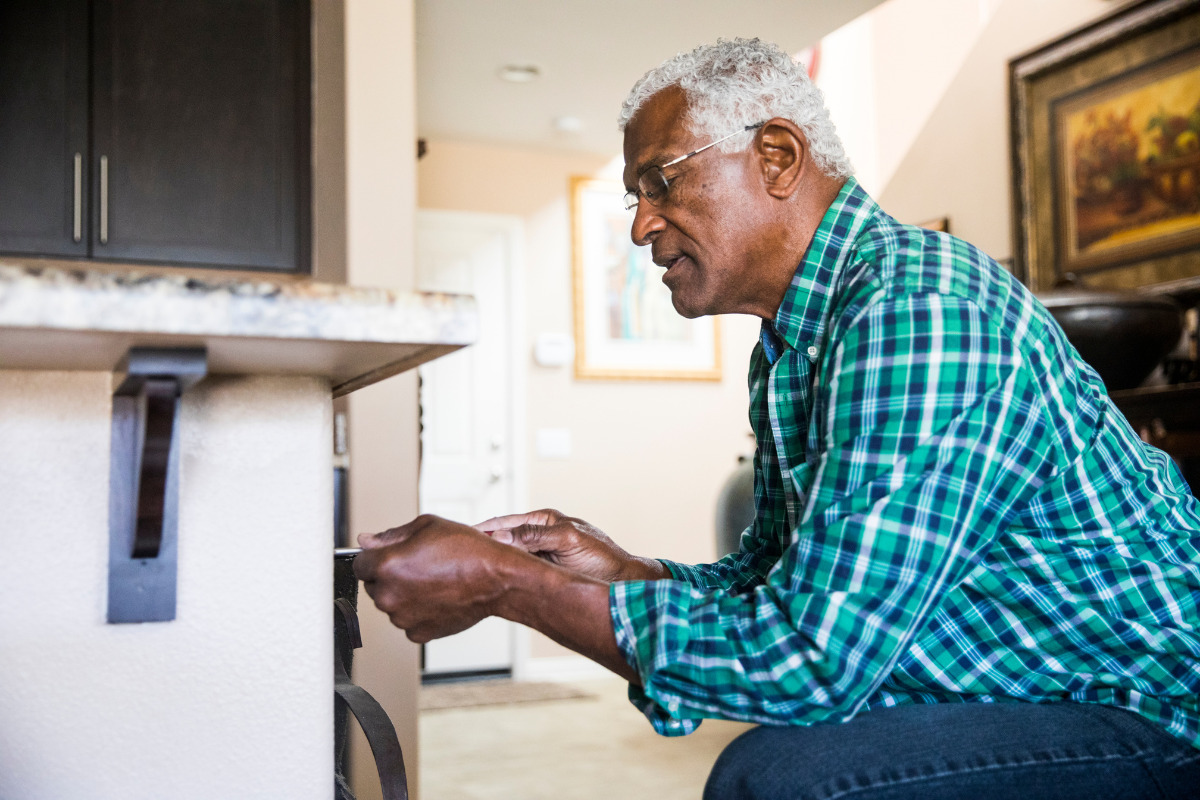

Home Maintenance
Where Can Seniors Get Help For Home Repairs
Modified: March 6, 2024
Looking for help with home repairs? Discover reliable resources for seniors seeking assistance with home maintenance and repairs.
(Many of the links in this article redirect to a specific reviewed product. Your purchase of these products through affiliate links helps to generate commission for Storables.com, at no extra cost. Learn more)
Introduction
As we age, maintaining our homes becomes increasingly challenging. Home repairs can be costly and physically demanding, making it difficult for seniors to tackle them on their own. However, there are various assistance programs available to help seniors with home repairs, ensuring that they can live comfortably and safely in their homes for years to come.
In this article, we will explore the different government assistance programs, non-profit organizations, grants, and volunteer-based initiatives that offer support for home repairs specifically tailored for seniors. Whether you’re in need of minor repairs or major renovations, there is help available to ensure your home remains a comfortable and secure place to live.
It’s important to note that the availability and eligibility criteria for these programs may vary depending on your location. Therefore, it’s always advisable to contact the local agencies and organizations mentioned in this article for more information on the specific assistance programs available in your area.
Let’s dive into the different avenues through which seniors can get help for their home repairs.
Key Takeaways:
- Seniors can access government programs, non-profit organizations, and grants for home repairs, ensuring safe and comfortable living environments.
- Volunteer-based initiatives, religious organizations, and senior centers provide practical help and support for seniors in need of home repairs.
Government Assistance Programs for Home Repairs
The government offers several assistance programs designed to help seniors with home repairs. These programs are typically aimed at low-income individuals or those with disabilities, and they can provide financial aid, grants, or loans to cover the costs of necessary repairs. Here are a few notable government assistance programs:
- US Department of Agriculture (USDA) Rural Development Program: This program provides grants and loans to low-income seniors living in rural areas to repair, improve, or modernize their homes. Eligible applicants can receive financial assistance to address issues related to health, safety, accessibility, energy efficiency, and more.
- US Department of Housing and Urban Development (HUD) Home Improvement Programs: HUD offers several programs targeted at seniors, including the Title I Property Improvement Loan Program and the Community Development Block Grant (CDBG) Program. These programs provide loans and grants for various home improvements and repairs, ranging from addressing safety hazards to making homes more energy-efficient.
- Weatherization Assistance Program: This program, administered by the Department of Energy, helps low-income households, including seniors, reduce energy costs by making their homes more energy-efficient. Weatherization services may include insulation, air sealing, furnace repair or replacement, and other improvements to help seniors maintain a comfortable living environment while lowering energy bills.
- Low-Income Home Energy Assistance Program (LIHEAP): LIHEAP assists low-income households, including seniors, with the costs of heating and cooling their homes. In addition to financial assistance, LIHEAP may provide weatherization services and energy-related home repairs to improve energy efficiency.
- State and Local Housing Agencies: Many states and local governments offer housing assistance programs specifically targeted at seniors. These programs may provide grants or loans to help cover the costs of home repairs for eligible seniors.
It’s important to note that each program has its own eligibility requirements and application processes. Some programs have limited funds available and may have waiting lists or prioritization criteria. Be sure to reach out to the appropriate government agencies for detailed information and to determine your eligibility for these programs.
In the next sections, we will explore non-profit organizations, community grants, volunteer-based initiatives, religious organizations, and senior center programs offering home repair assistance for seniors.
Non-Profit Organizations Offering Home Repair Help
There are numerous non-profit organizations that specialize in providing home repair assistance to seniors. These organizations often collaborate with community partners, volunteers, and local businesses to offer their services at little to no cost. Here are some notable non-profit organizations that offer help with home repairs:
- Rebuilding Together: Rebuilding Together is a national non-profit organization that focuses on providing home repair and rehabilitation services to low-income homeowners, including seniors. Their network of volunteers and skilled professionals help make homes safe, healthy, and accessible by addressing issues such as electrical, plumbing, and structural problems.
- Habitat for Humanity: Habitat for Humanity is an international organization that helps low-income families, including seniors, achieve safe and affordable housing. Some local Habitat for Humanity chapters offer home repair programs, which can include critical repairs, accessibility modifications, and weatherization services.
- Senior Corps: Senior Corps, part of the Corporation for National and Community Service, offers multiple programs to engage seniors in volunteer work. These volunteers often assist with home repair projects, providing essential support to seniors in need.
- Local Area Agencies on Aging (AAA): AAA organizations are typically funded by federal and state governments to provide a wide range of services to seniors to help them age in place. Some AAA programs offer home repair and modification assistance, such as grab bar installation, wheelchair ramp construction, and bathroom accessibility upgrades.
- Home Repair Assistance Programs by Local Non-Profits: Many local non-profit organizations, such as churches, community centers, and neighborhood associations, have home repair programs specifically targeted at seniors. These programs may rely on volunteers, donations, or partnerships with local businesses to provide repair services.
When seeking assistance from non-profit organizations, it’s essential to research and reach out to organizations in your local community. They can provide information about the types of home repair services they offer, eligibility requirements, and how to apply for assistance.
In the next section, we will explore Community Development Block Grants (CDBG) for seniors, which can be another valuable resource for home repair assistance.
Community Development Block Grants (CDBG) for Seniors
The Community Development Block Grant (CDBG) program is a federal grant program administered by the U.S. Department of Housing and Urban Development (HUD). CDBG funds are allocated to state and local governments to support community development activities, including affordable housing, infrastructure improvements, and public services. Some CDBG funds are specifically designated for senior residents, providing them with opportunities for home repair assistance. Here’s how seniors can benefit from CDBG grants:
Home Repair Programs: Many communities use CDBG funds to establish home repair programs specifically targeting seniors. These programs can offer financial assistance or grants to eligible seniors, helping them address critical home repair needs such as plumbing, roofing, electrical work, and accessibility modifications.
Accessibility Modifications: CDBG grants may also fund accessibility modifications to make homes safer and more livable for seniors with disabilities. These modifications can include installing ramps, widening doorways, adding handrails, and improving bathroom accessibility.
Weatherization and Energy Efficiency: Some CDBG-funded programs focus on improving energy efficiency and weatherization in seniors’ homes. This can help reduce energy costs and create a more comfortable living environment. Weatherization services may include insulation, window and door replacement, and HVAC system upgrades.
Each state, county, or city determines how to allocate its CDBG funds, so the availability and specific services offered may vary. It’s important to check with your local government or housing agency to find out about the availability of CDBG-funded programs for seniors in your area and the application process.
In addition to CDBG grants, seniors can also seek home repair assistance from local chapters of Habitat for Humanity, as we discussed earlier. Let’s explore this option in the next section.
Local Habitat for Humanity Chapters
Habitat for Humanity is an international non-profit organization that aims to provide safe and affordable housing for families in need. While their primary focus is on building new homes, many local Habitat for Humanity chapters also offer home repair programs to assist low-income seniors. Here’s how seniors can benefit from their services:
Critical Home Repairs: Local Habitat for Humanity chapters may have programs specifically designed to address critical home repair needs for seniors. These repairs can include fixing structural issues, repairing plumbing or electrical problems, and addressing safety hazards.
Accessibility Modifications: Habitat for Humanity’s home repair programs often aim to improve accessibility for seniors with disabilities. This can involve installing ramps, making bathroom modifications, adding handrails, or widening doorways to make homes more accessible and safer for seniors to navigate.
Weatherization and Energy Efficiency: Some Habitat for Humanity chapters offer weatherization and energy efficiency programs. These programs help seniors make their homes more energy-efficient by providing insulation, sealing air leaks, replacing inefficient windows and doors, and upgrading HVAC systems. By improving energy efficiency, seniors can lower their utility bills and create a more comfortable living environment.
It is important to note that the availability and specific services provided by local Habitat for Humanity chapters may vary. It’s recommended to reach out to your nearest chapter to inquire about their home repair programs for seniors. They can provide you with information on eligibility requirements, the application process, and the types of repairs or modifications they can assist with.
In the next section, we will explore home repair grants and loans targeted at low-income seniors, which can be another valuable resource for obtaining financial assistance for home repairs.
Seniors can get help for home repairs from local non-profit organizations, government assistance programs, and community service groups. They can also seek assistance from family and friends, or hire professional contractors for larger projects.
Home Repair Grants and Loans for Low-Income Seniors
Low-income seniors who need financial assistance for home repairs have various options available to them in the form of grants and loans. These programs aim to ensure that seniors can afford the necessary repairs to maintain their homes’ safety and livability. Here are some common avenues to explore:
Department of Housing and Urban Development (HUD) Grants: HUD offers grants through various programs like the Single Family Housing Repair Loans & Grants and the HOME Investment Partnerships Program. These grants are specifically targeted at low-income homeowners, including seniors, to help cover the costs of critical home repairs and accessibility modifications.
USDA Home Repair Grants and Loans: The U.S. Department of Agriculture (USDA) provides grants and loans through its Section 504 Home Repair Program. Low-income seniors, particularly those residing in rural areas, can access these funds to address health and safety hazards, improve accessibility, and make essential repairs to their homes.
Local Community Development Programs: Many cities and counties have their own community development programs that offer grants or forgivable loans for home repairs to low-income seniors. These programs may be funded by local or state governments and are typically aimed at improving housing conditions for vulnerable populations.
Low-Income Home Energy Assistance Program (LIHEAP): While primarily focused on energy assistance, LIHEAP may also offer home repair grants for low-income seniors. These grants can help address heating or cooling systems, insulation, and weatherization needs, improving energy efficiency and reducing utility costs.
Home Equity Loan or Reverse Mortgage: Another option for low-income seniors is to consider a home equity loan or reverse mortgage. These financial tools allow homeowners to tap into the equity of their homes to fund necessary repairs or modifications. It’s advisable to consult with a financial advisor or housing counselor to understand the potential implications and eligibility requirements for these options.
It’s essential to research and inquire about the availability of these programs in your local area. Eligibility requirements, application processes, and funding availability vary depending on your location. Local housing agencies, non-profit organizations, and government offices are excellent resources to seek information about accessing these grants and loans.
In the next section, we will discuss volunteer-based home repair programs that provide assistance to seniors who may not qualify for financial aid but still need help with their home repairs.
Volunteer-Based Home Repair Programs
For seniors who may not qualify for financial assistance or grants, volunteer-based home repair programs can be a valuable resource. These programs rely on the generosity and skills of volunteers who offer their time and expertise to help seniors with their home repair needs. Here are a few examples of volunteer-based initiatives:
Rebuilding Together: Rebuilding Together, as mentioned earlier, is a non-profit organization that mobilizes volunteers to provide free home repairs and renovations to low-income homeowners, including seniors. Their volunteers help with a range of repairs and modifications, ensuring that the homes remain safe, accessible, and comfortable for the seniors living in them.
Senior Corps: Senior Corps, administered by the Corporation for National and Community Service, offers volunteer opportunities that specifically focus on home repair projects. Volunteers, often seniors themselves, lend a helping hand to their peers by assisting with various repairs, including minor plumbing, electrical work, painting, and general maintenance tasks.
Local Volunteer Groups and Faith-Based Organizations: Many community-based volunteer organizations and faith-based groups have programs dedicated to helping seniors with home repairs. These groups recruit volunteers from the community and may coordinate volunteers with different skill sets to address specific repair needs. These volunteers can assist with tasks such as fixing leaky faucets, installing handrails, painting, or providing general maintenance support.
These volunteer-based programs can provide seniors with not just the practical help they need but also a sense of community and support. Local senior centers, community centers, and religious organizations are good starting points to learn about volunteer programs available in your area.
In the next section, we will explore home repair assistance programs specifically offered by religious organizations, which can be an additional avenue for seniors to seek help.
Home Repair Assistance from Religious Organizations
Religious organizations often play a vital role in serving their communities, and many of them offer home repair assistance programs for seniors. These programs may be run by churches, synagogues, mosques, or other religious institutions, and they aim to provide practical help to seniors in need. Here’s how seniors can benefit from home repair assistance offered by religious organizations:
Volunteer Networks: Religious organizations often have a dedicated network of volunteers who are passionate about giving back to their community. These volunteers may offer their time and skills to help with home repairs for seniors. They can assist with tasks such as minor repairs, painting, yard work, or general maintenance.
Partnerships with Local Contractors: Some religious organizations collaborate with local contractors or businesses to provide discounted or pro bono services for home repairs. These partnerships can help seniors access affordable repair solutions for issues ranging from leaky roofs to faulty wiring.
Community Outreach Programs: Religious organizations often have community outreach programs that aim to support vulnerable populations, including seniors. These programs may provide financial assistance or resources to help cover the costs of home repairs for low-income seniors who cannot afford traditional contractor services.
Home Repair Events: Some religious organizations host home repair events where volunteers and professionals come together to tackle multiple repair projects in a single day or weekend. These events can be incredibly beneficial for seniors who need assistance with various repairs and renovations in their homes.
It’s important to note that the availability and scope of home repair assistance programs from religious organizations may vary depending on the specific organization and their resources. It’s recommended to reach out to local religious institutions or community services to inquire about the programs they offer and how to access them.
In the final section, we will explore home repair assistance programs available through senior centers, providing seniors with additional resources for their home repair needs.
Senior Center Programs for Home Repairs
Senior centers serve as a hub for various services and resources tailored to meet the needs of older adults. In addition to social activities and support, many senior centers offer programs specifically designed to assist seniors with home repairs. These programs can provide valuable resources and connections to ensure that seniors can maintain safe and comfortable living environments. Here’s a closer look at senior center programs for home repairs:
Information and Referral Services: Senior centers often have information and referral services that can connect seniors with appropriate resources for home repairs. They can provide valuable guidance on local programs, grants, or volunteer initiatives that offer assistance in addressing specific repair needs.
Relevant Workshops and Education Programs: Senior centers frequently host workshops or educational programs focusing on home repair and maintenance topics. These sessions can provide seniors with valuable knowledge and skills to tackle minor repairs or implement preventive measures to avoid future issues.
Home Improvement Classes: Some senior centers offer home improvement classes that teach seniors the basics of home repair and maintenance. These classes can cover topics like plumbing, electrical work, painting, and general maintenance, empowering seniors to tackle simple repairs on their own and save money in the process.
Connection to Volunteer Programs: Senior centers often have partnerships with local volunteer-based organizations or community groups that specialize in home repairs. They can facilitate connections between seniors in need and volunteers who are willing to provide assistance with various repair tasks.
Case Management Services: Senior centers sometimes have case management services to help seniors navigate the complexities of accessing home repair assistance programs. Case managers can provide personalized support, help fill out applications, and ensure that seniors are connected to the appropriate resources for their specific needs.
Senior centers are an excellent resource for seniors to access a wide range of services, including home repair assistance. It’s recommended to reach out to your local senior center or Area Agency on Aging to inquire about the home repair programs and services they offer. They can guide you through the application process, eligibility criteria, and any requirements for accessing these programs.
With the information provided in this article, seniors now have a comprehensive understanding of the various avenues available to them for home repair assistance. Whether it’s government programs, non-profit organizations, grants, volunteer-based initiatives, religious organizations, or senior center programs, there are resources to ensure that seniors can maintain safe, comfortable, and secure homes for themselves.
Remember to explore each option, understand the specific eligibility requirements, and reach out to the relevant organizations or agencies for further information. By taking advantage of these assistance programs, seniors can continue to enjoy their homes and live independently with peace of mind.
Conclusion
Home repairs can be a daunting task for seniors, especially those with limited financial resources or physical abilities. However, there are numerous assistance programs and resources available to help seniors address their home repair needs. From government assistance programs and non-profit organizations to grants, loans, volunteer-based initiatives, and senior center programs, there are options tailored to meet the unique needs of older adults.
Government assistance programs, such as those offered by the USDA and HUD, provide grants, loans, and weatherization services to help low-income seniors make necessary repairs and improve the energy efficiency of their homes. Non-profit organizations like Rebuilding Together and Habitat for Humanity offer volunteer-based assistance, providing seniors with the support of skilled volunteers who can address critical repairs and accessibility modifications.
Senior centers serve as valuable resources, connecting seniors with information, education, and referrals to programs that can assist with home repairs. These centers often offer workshops, classes, and case management services, ensuring that seniors have the knowledge, skills, and access to the right resources to maintain safe and comfortable living environments.
Religious organizations and local community programs also play a significant role in providing home repair assistance to seniors. Through volunteer networks, partnerships with contractors, and community outreach initiatives, these organizations offer practical help and support, fostering a sense of community for seniors in need.
It’s important to note that the availability and specific services provided by these programs may vary depending on location and eligibility requirements. Seniors are encouraged to reach out to the relevant organizations, government agencies, and senior centers in their communities to inquire about the assistance programs available to them.
By taking advantage of these resources and assistance programs, seniors can ensure that their homes remain safe, accessible, and comfortable places to live. Maintaining a well-maintained home not only enhances their quality of life but also allows them to age in place with dignity and independence.
Remember, it’s never too late to seek help for home repairs. Don’t hesitate to explore the available options and connect with the organizations and agencies mentioned in this article to get the assistance you need. With the right support, seniors can continue to enjoy their homes and live comfortably for years to come.
Frequently Asked Questions about Where Can Seniors Get Help For Home Repairs
Was this page helpful?
At Storables.com, we guarantee accurate and reliable information. Our content, validated by Expert Board Contributors, is crafted following stringent Editorial Policies. We're committed to providing you with well-researched, expert-backed insights for all your informational needs.
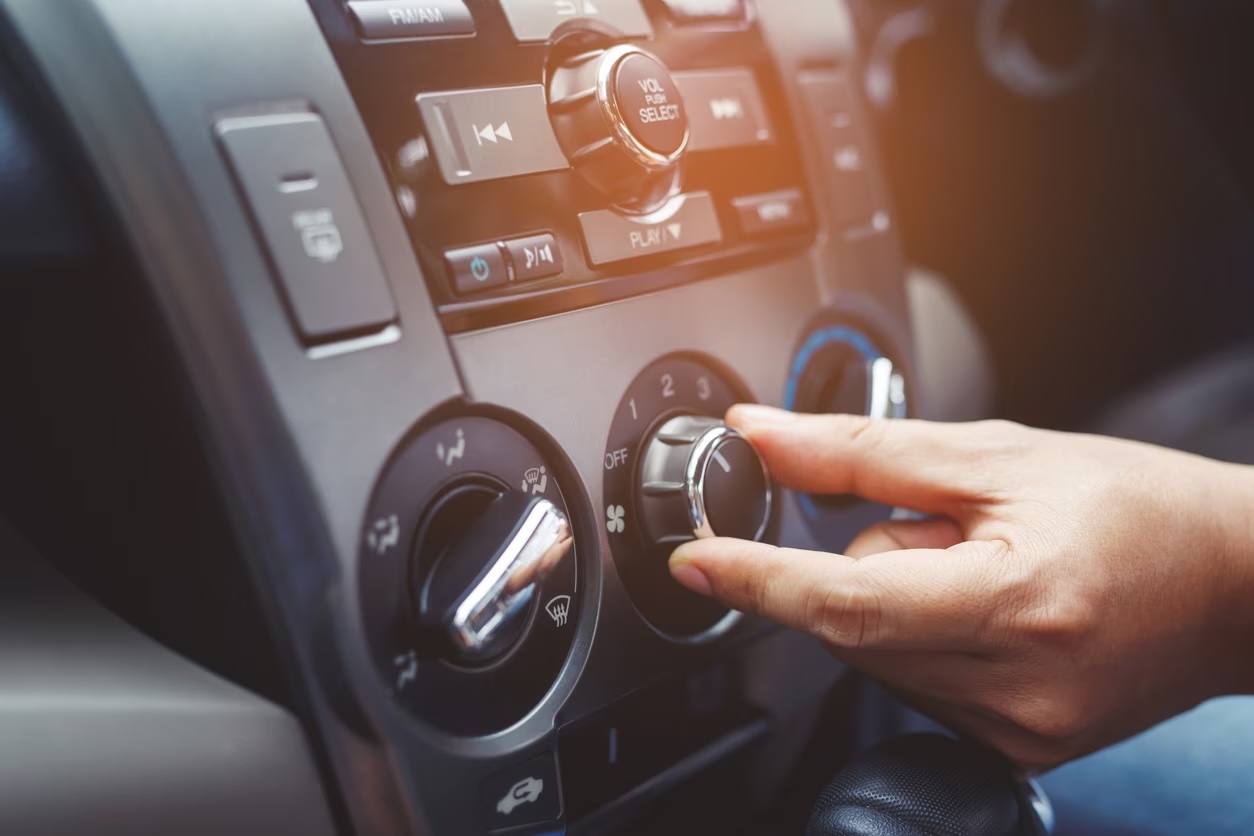

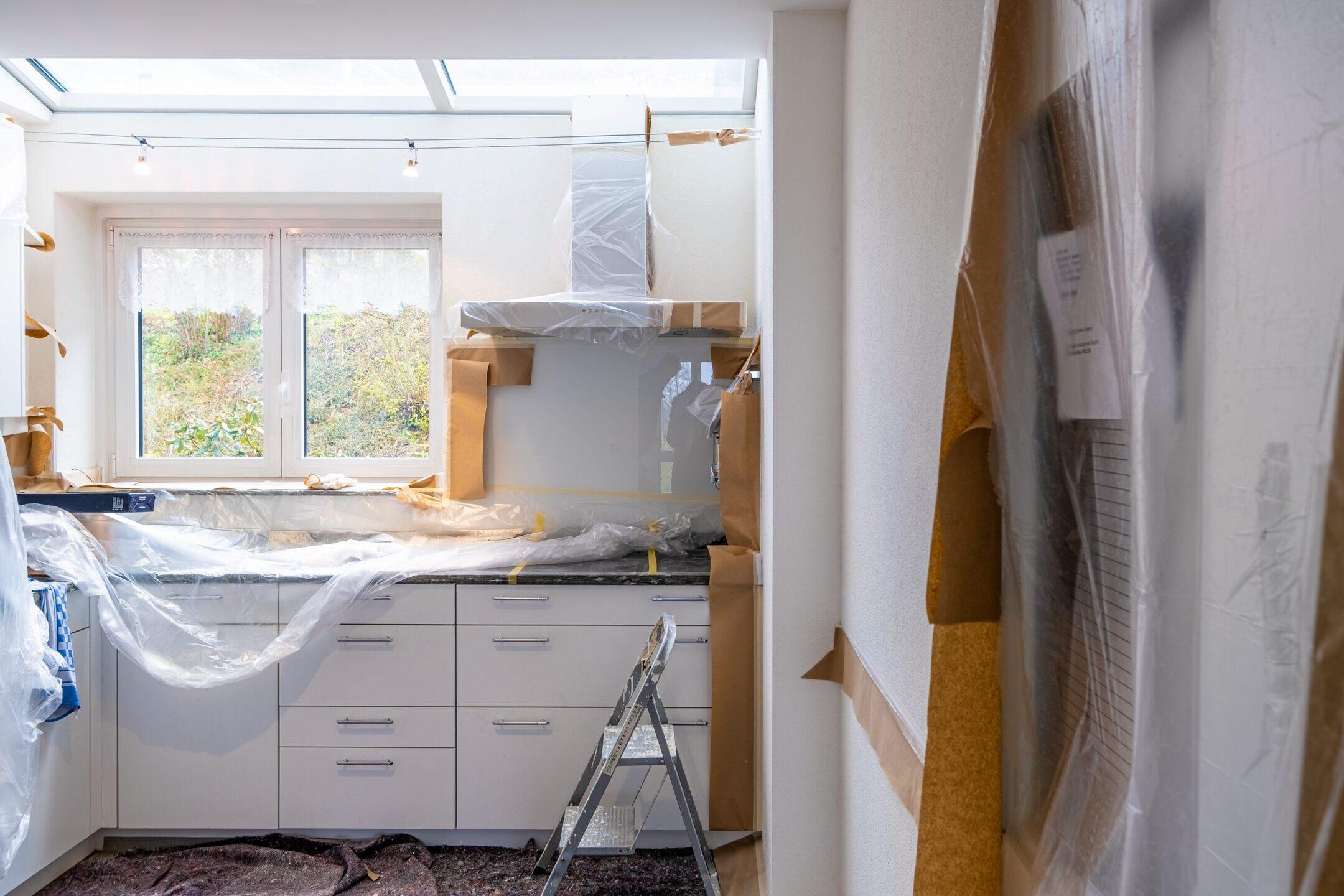

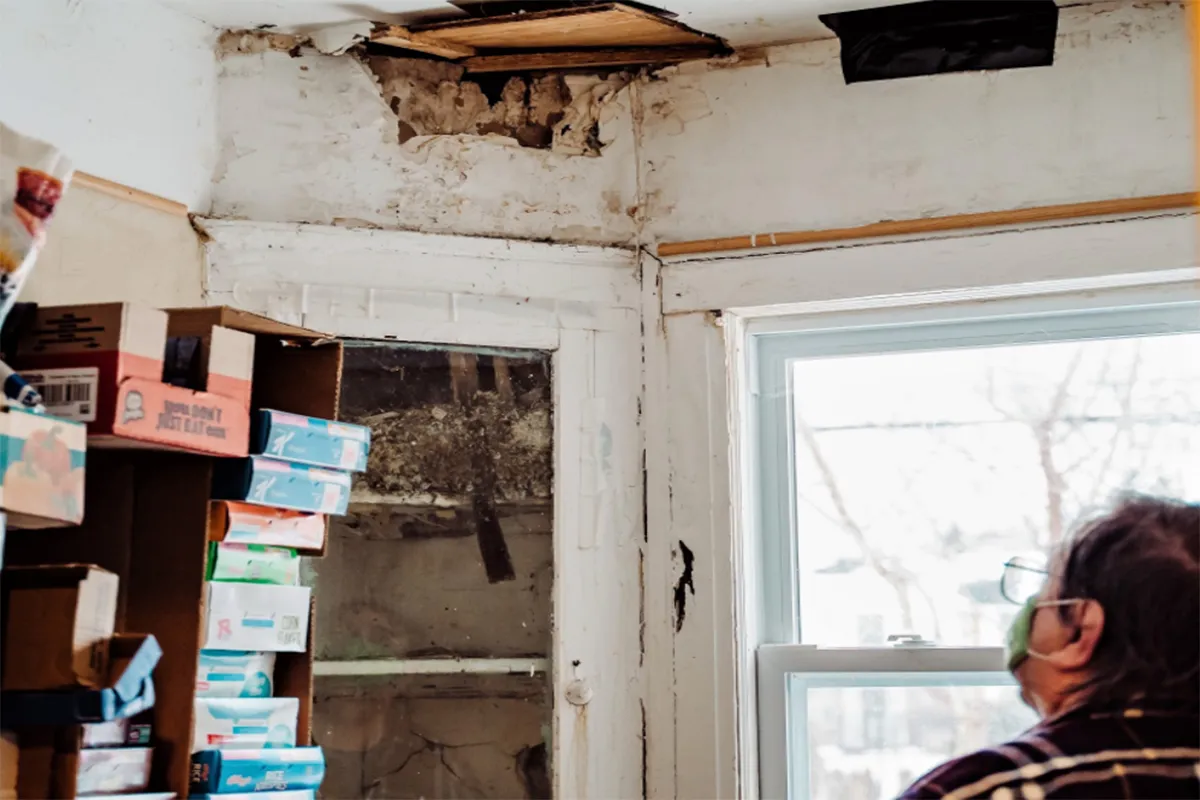
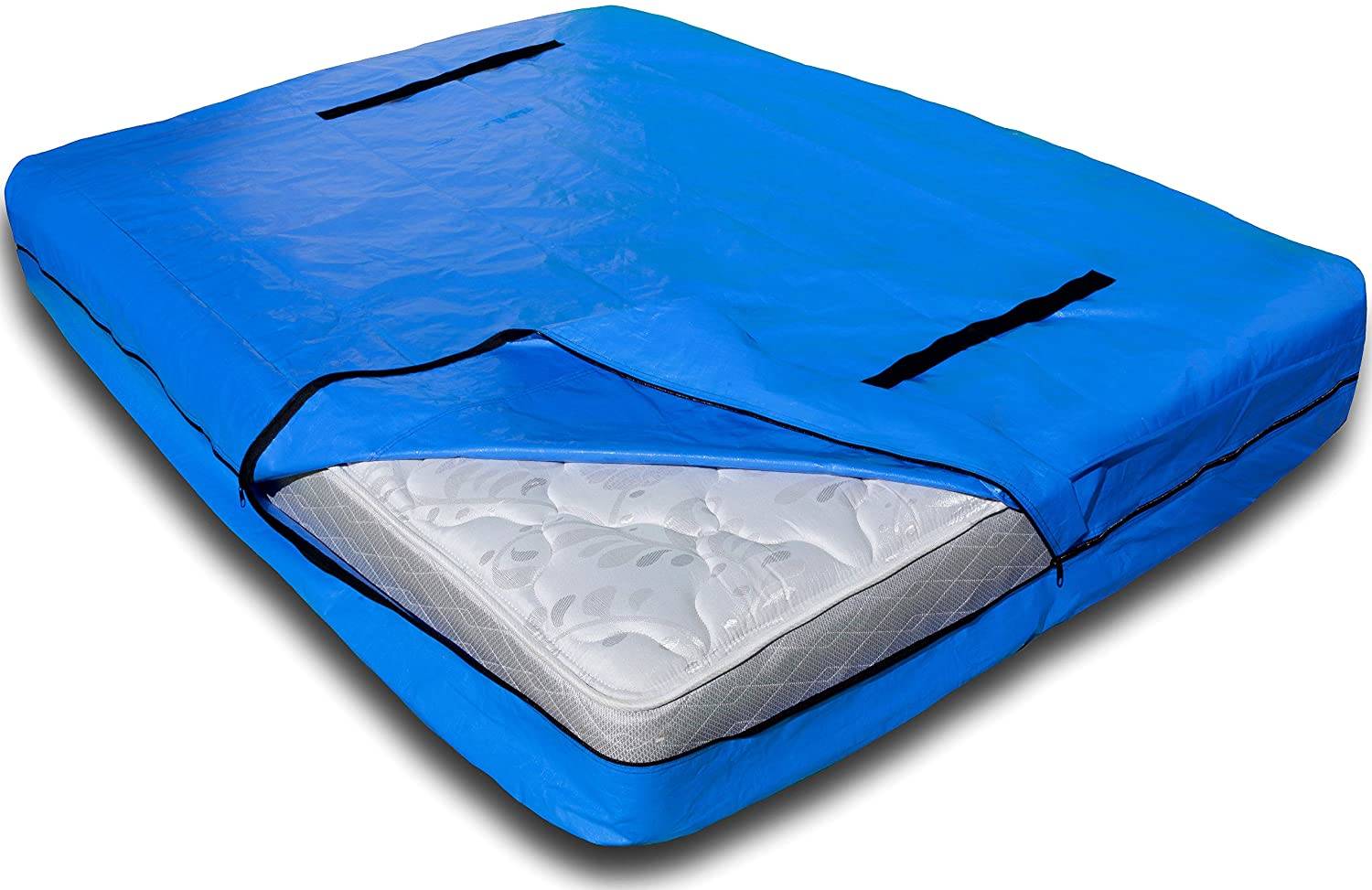


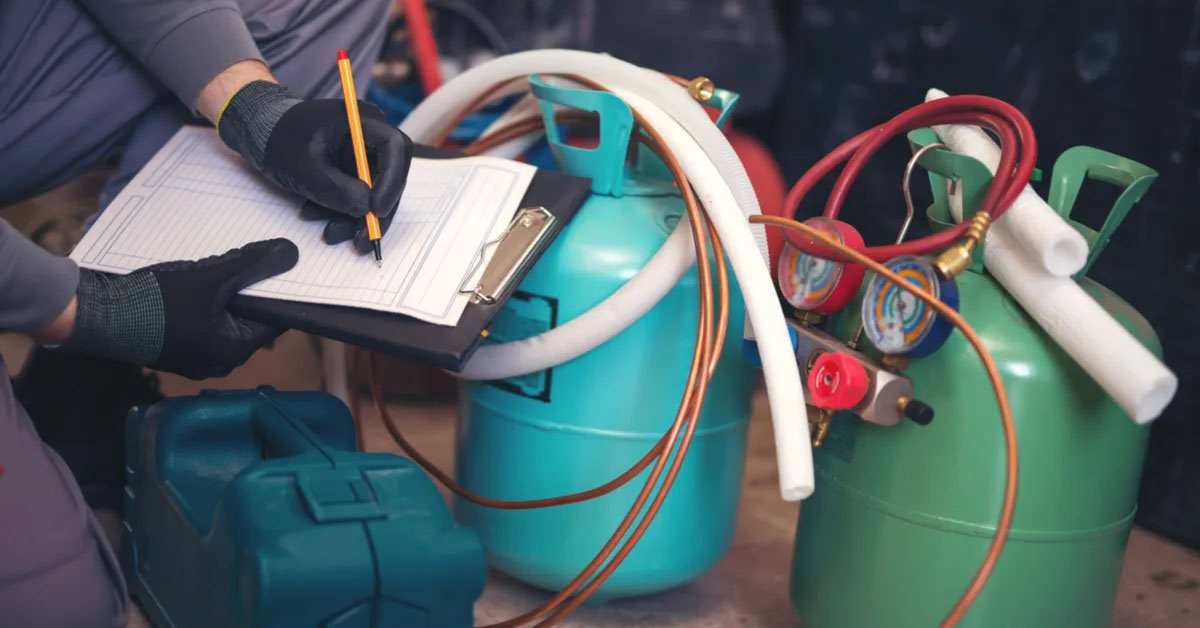

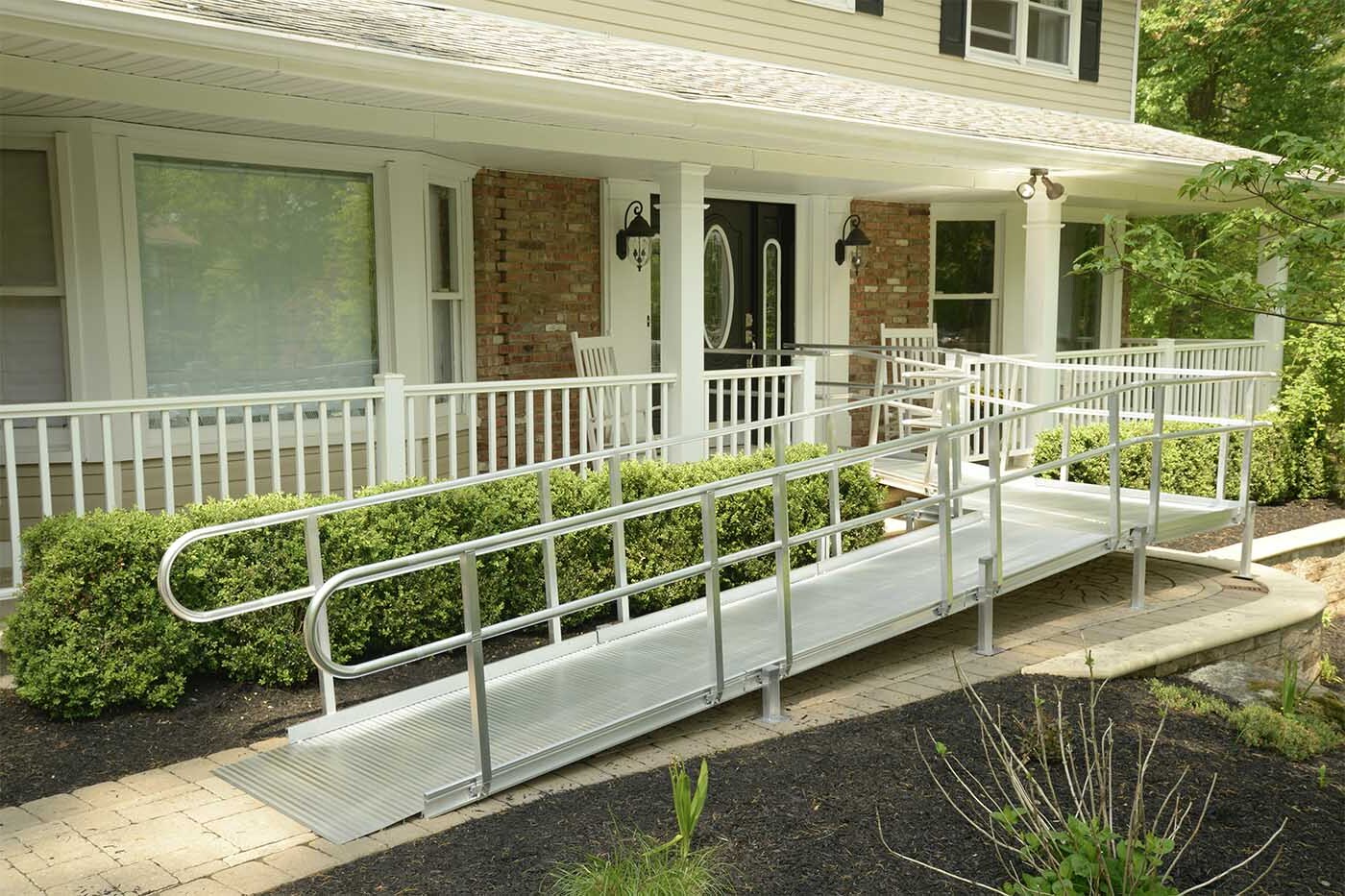
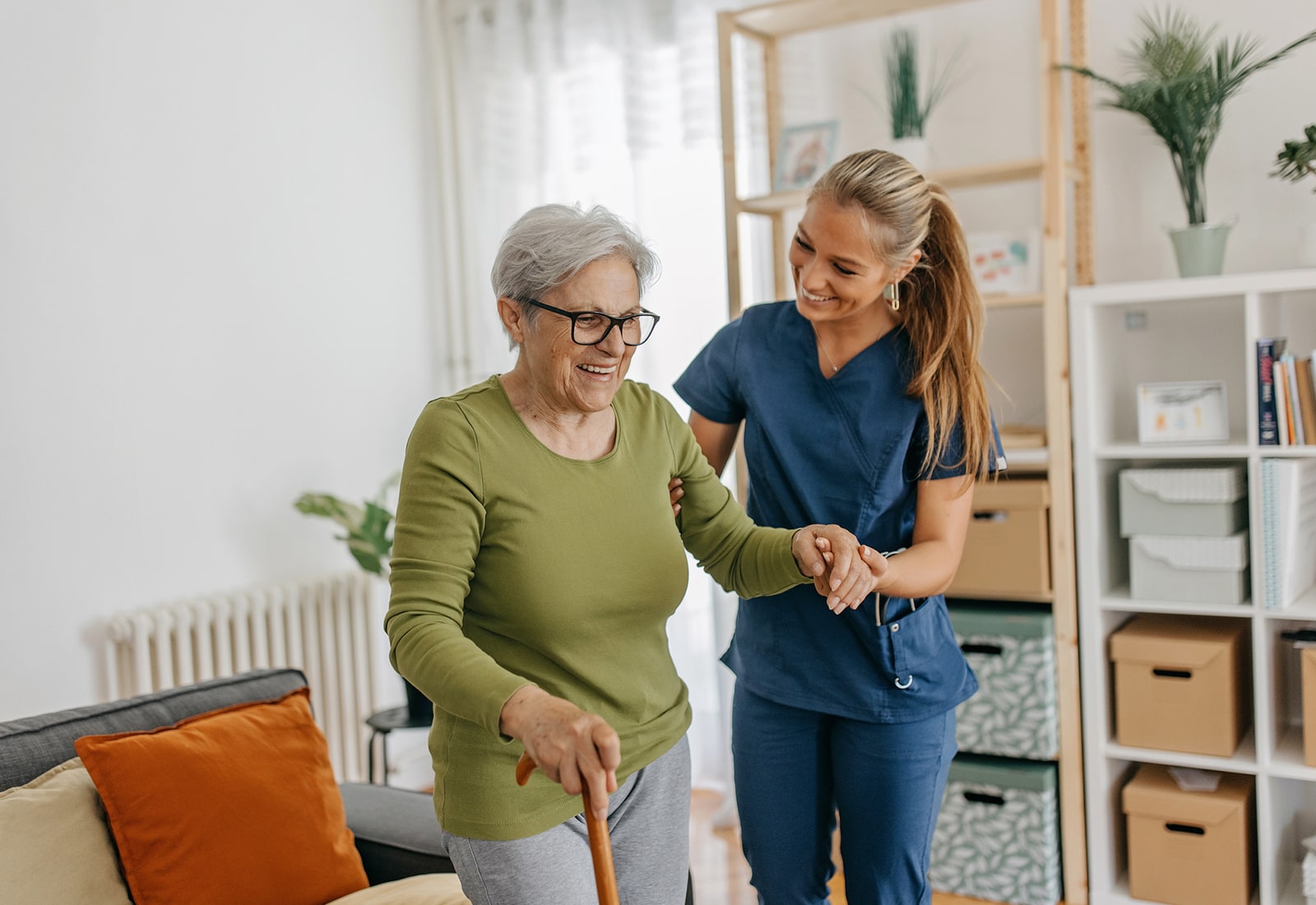
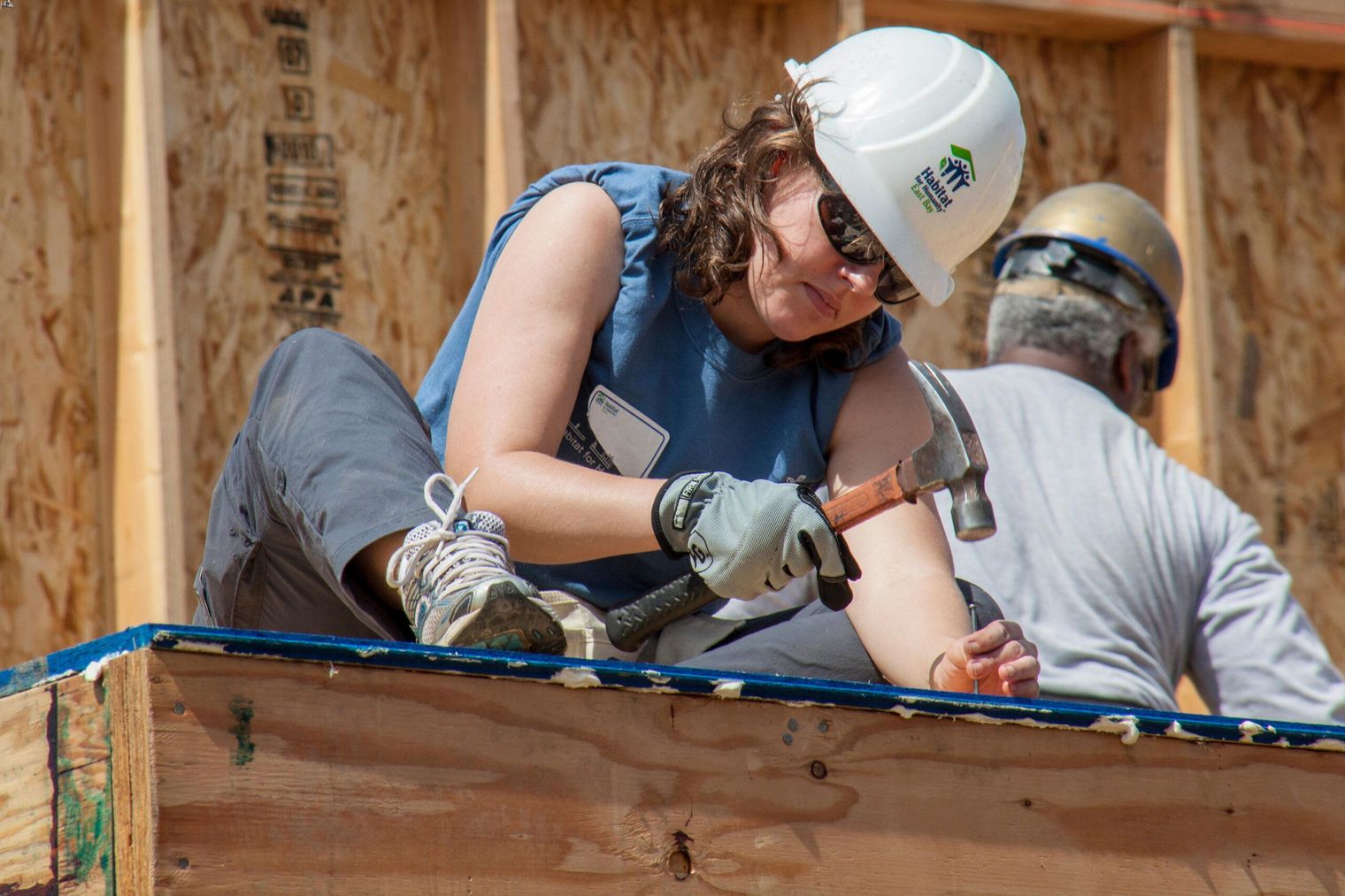

0 thoughts on “Where Can Seniors Get Help For Home Repairs”